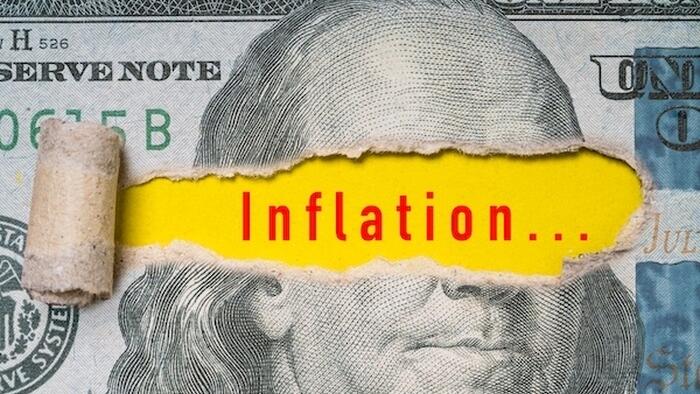In a world increasingly marked by high prices and declining living standards, many individuals find themselves grappling with a reality of receiving inferior goods and services for escalating costs. The current atmosphere leads many to cast blame on producers and service providers. However, Doug Casey, in his discourse for International Man, asserts that this perspective misconstrues the true nature of economic challenges. He emphasizes that the blame should lie not with the creators of wealth—such as butchers, bakers, and oil producers—but rather with the government and its central bank, the Federal Reserve. Essentially, government policies, particularly the inflationary practices that result in increased fiat currency without a corresponding increase in actual wealth, are primary drivers of rising costs. This inflation represents a covert form of wealth confiscation from individuals, undermining their purchasing power and general economic stability.
In his analysis, Casey delves into the moral implications of inflation, suggesting that it encourages unethical behavior among individuals striving to maintain their living standards. Inflation, he argues, embodies a kind of theft, leading not only to material loss but also to a degradation of ethical standards. As the economic environment deteriorates due to inflation, people may resort to dishonest practices—lying, cheating, or stealing—as survival strategies. The result is a societal undercurrent where theft becomes normalized, mirroring the actions of those in positions of power who manipulate financial systems for personal gain. The erosion of integrity in both individuals and organizations signals a troubling trend, as the influence of prominent leaders creates a moral climate that often condones dishonest behavior.
The connection between inflation and an increasingly litigious society is a point of concern raised by Casey. He notes that as individuals observe some people becoming increasingly wealthy without producing anything worthwhile, a belief in systemic theft proliferates. This perceived inequity fuels litigation as people turn to the legal system to reclaim what they see as their due or to settle grievances. Casey draws a stark comparison between tangible theft and legal maneuvering, alluding to the notion that some individuals exploit legal frameworks for personal gain while offering little in return to society. The prevalence of lawyers in contemporary society is seen as symptomatic of a deeper corruption, wherein the government’s role in protecting individuals paradoxically becomes complicit in the appropriation of wealth through legalistic means.
Historically, Casey points to instances where rampant inflation precipitated significant social upheaval and cultural degradation. He shares the example of post-World War II China, where inflation contributed to the collapse of Chiang Kai-shek’s regime, creating fertile ground for communist ascendance. Similarly, the hyperinflation of the Weimar Republic in Germany unleashed chaos, paving the way for violent political conflict which ultimately empowered extremist groups. These historical contexts reveal a pattern: when currencies fail, the resultant social instability drives individuals towards politics as a means of survival, overshadowing productive endeavors. As inflation fosters economic instability, it invariably engenders broader societal dysfunction.
As viewers contemplate the dynamics of inflation, Casey offers advice on personal preparedness beyond financial measures. He asserts the importance of acquiring a diverse skill set that allows individuals to adapt and generate value in uncertain economic times. By embodying a well-rounded capability to produce goods or services, individuals can fortify themselves against the vulnerabilities of an unstable economy. Quoting Robert Heinlein, he stresses that a comprehensive skill set is essential for thriving, suggesting that specialization often limits potential. He criticizes conventional education of today, arguing that it frequently misallocates time and resources—not only failing to impart practical skills but also instilling flawed ideologies that hinder genuine intellectual growth.
Ultimately, Casey’s examination culminates in a stark warning about the impending economic crisis, which he believes could surpass any previous downturn. He posits that many individuals are unprepared for the storm that lies ahead, underscoring the urgency of both knowledge acquisition and resource safeguarding. By sharing insights and strategies for navigating the looming landscape, Casey aims to equip readers with tools for resilience in the face of adversity. Whether through practical skills or financial strategies, positioning oneself effectively against the tides of inflation and economic chaos may very well dictate the future for many.

